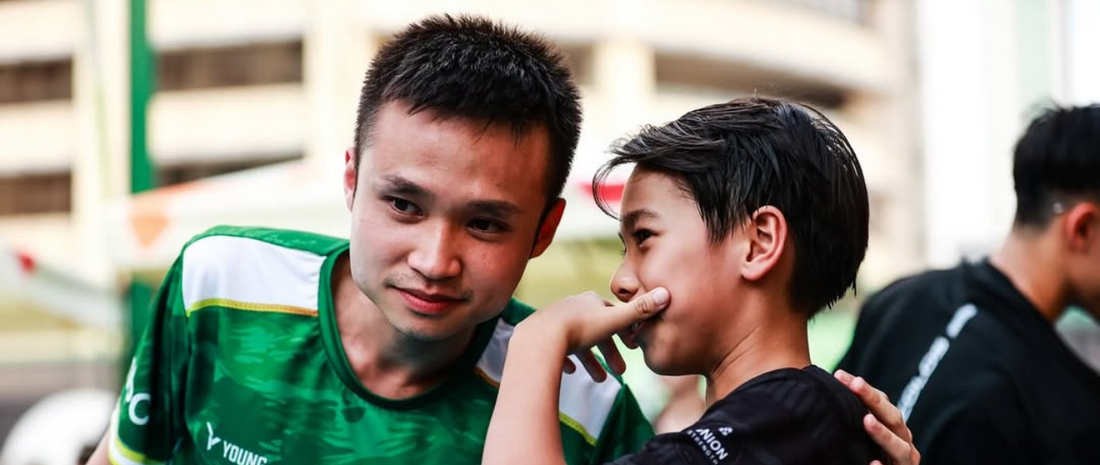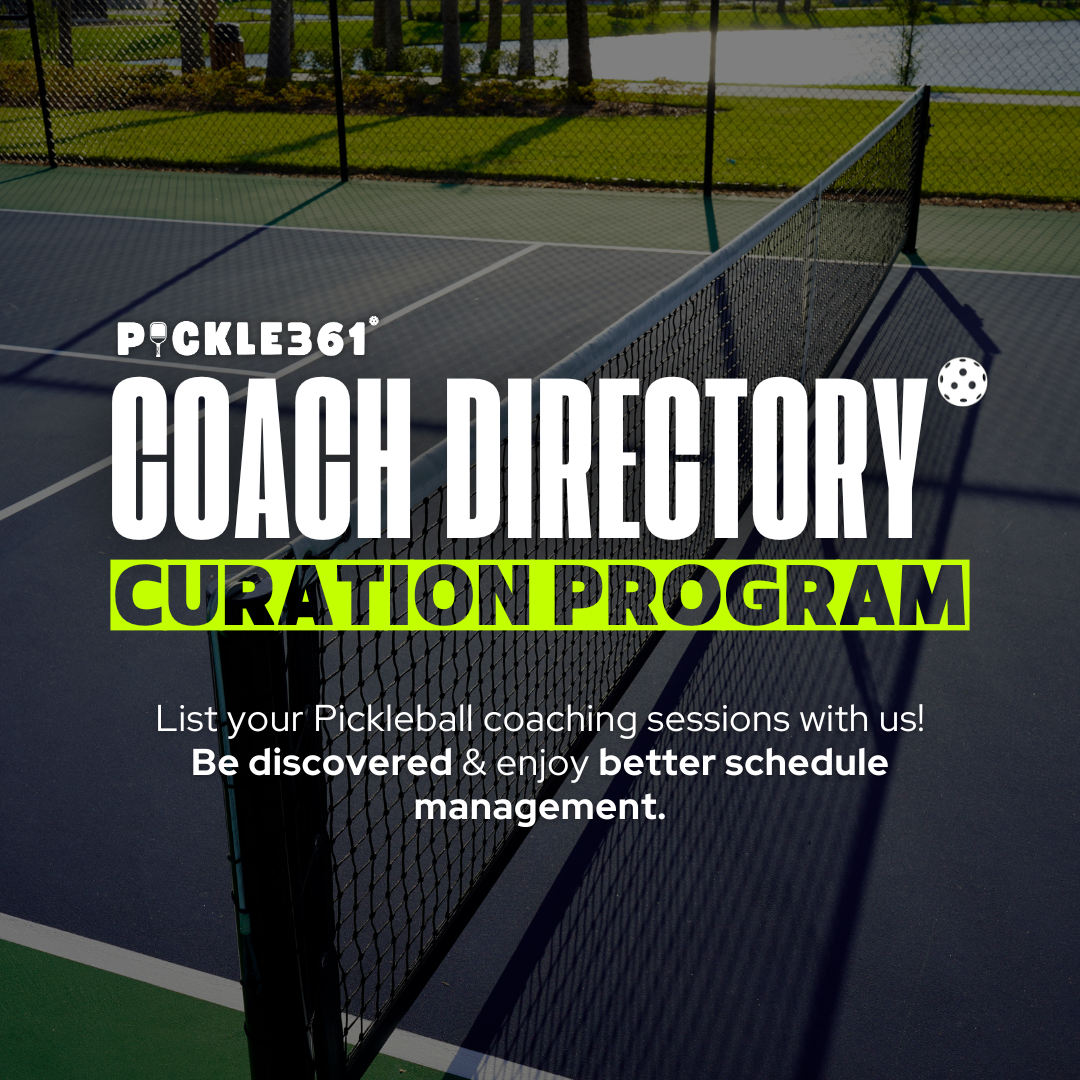
Pickleball and Balance: The Game That Heals
Sureena Shree ChandrasekarPickleball might be one of the fastest-growing sports in Asia, but if you ask most players why they fell in love with it, their answer goes far beyond rallies and score lines.
Yes, it’s fun. Yes, it’s competitive. But the deeper truth is this: pickleball thrives because of its community and that community does more than create friendships. It’s quietly transforming mental health, reducing stress, and helping people balance demanding work lives with personal wellbeing.

1. From Strangers to Support Systems
Walk into any pickleball club, and within a few games you’ll likely know half the people’s names. It’s one of the few sports where newcomers are welcomed with such warmth. Players often rotate partners between games, which breaks down barriers and encourages conversation.
For someone stepping onto the court after a long, exhausting day, this matters. You’re not just getting exercise, you're stepping into a circle of support.
- People cheer each other’s good shots, even when they’re on the opposite side.
- “Losers stay in” formats mean you’re constantly meeting new faces.
-
Regulars look out for each other, on and off the court.
What starts as casual banter quickly grows into real friendships, the kind that provide emotional safety nets during stressful or lonely times.
2. Pickleball as a Mental Reset
Modern work culture can be brutal. Long hours, digital overload, and constant pressure to perform can drain even the most resilient professionals. For many, pickleball has become the ultimate reset button.
When you’re locked into a rally at the kitchen line, you can’t think about deadlines or unread emails. Your brain gets a break from stress, and the endorphin rush from physical activity lifts your mood.
- Stress relief: Fast-paced rallies pull you into the present moment.
- Confidence boost: Small wins on court build self-belief that carries into work.
-
Mind-body connection: The balance of strategy and movement improves focus, patience, and clarity.
Players often say a night on the pickleball court leaves them more energized and focused at work the next day.

3. A Truly Inclusive Space
One of the sport’s superpowers is inclusivity. You’ll often see teenagers and retirees rallying on the same court, both equally invested and equally respected. Unlike some sports that segregate players by age or skill, pickleball thrives on mixing.
That inclusivity translates into better mental wellbeing:
- Older players feel valued for their strategy and experience.
- Younger players learn patience and sportsmanship.
-
Everyone feels like they belong, regardless of background.
And when people feel like they belong, their confidence and happiness skyrocket.
4. Balancing Work, Life, and Play
For many professionals, pickleball is not just a hobby it’s a balancing tool. After long days in corporate settings, the social, lighthearted energy of pickleball offers a release that traditional gyms or solo sports can’t match.
- Networking with purpose: Courts become informal meeting spaces, where deals are discussed and collaborations are born.
- Family-friendly: Parents can bring their kids along, making it a shared activity instead of “time away.”
-
Flexible commitment: Whether you play twice a week or once a month, you can jump right back into the community without missing a beat.
This makes pickleball an ideal antidote to burnout culture it’s active, social, and restorative all at once.

5. The Mental Health Dividend
It’s no secret that strong social ties are linked to lower rates of depression and anxiety. Combine that with regular exercise, and pickleball offers a double win. Players often describe it as their “happy place” a few hours where work stress fades, laughter flows, and victories (big or small) are celebrated together.
- Boosts mood: Regular play triggers endorphins and dopamine.
- Reduces loneliness: The community aspect combats isolation, especially for seniors or remote workers.
-
Encourages balance: Knowing you have a game scheduled helps structure healthier routines.
For many, it’s not an exaggeration to say that pickleball is more than a sport, it’s therapy disguised as fun.
Pickleball is addictive, not just because of the rallies, but because of the relationships. It’s a sport that offers a built-in community, a mental health boost, and a way to reclaim balance in busy, modern lives.
So next time you pick up a paddle, remember you’re not just playing a game. You’re joining a community that could very well change your outlook on life.
This article is an excerpt from our interview with Brian Lim. Watch the full episode here.
Photos by @cfongraphy via Instagram









